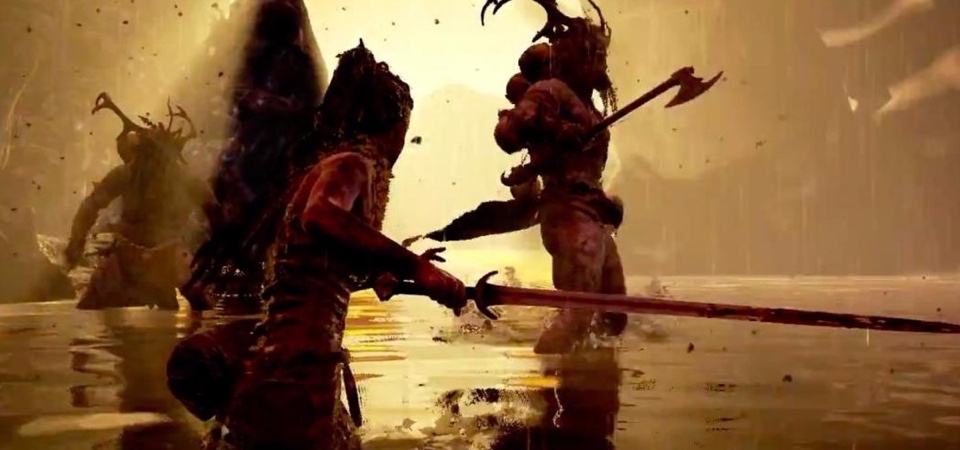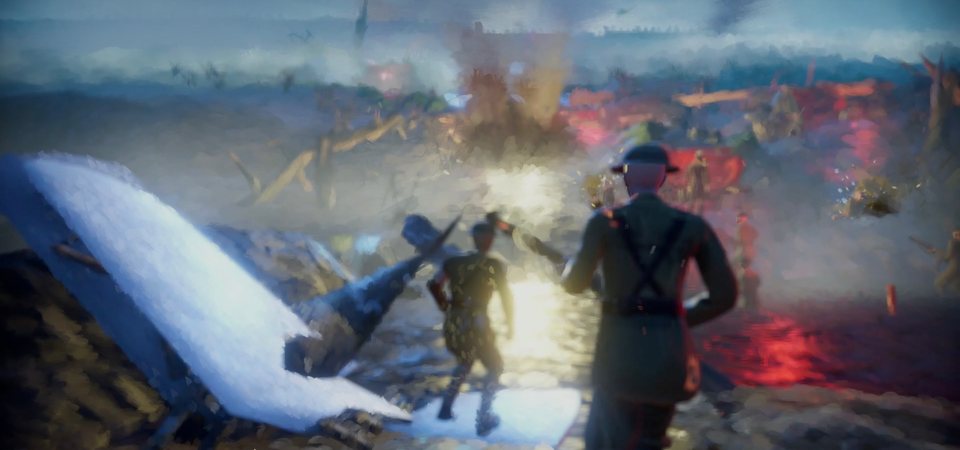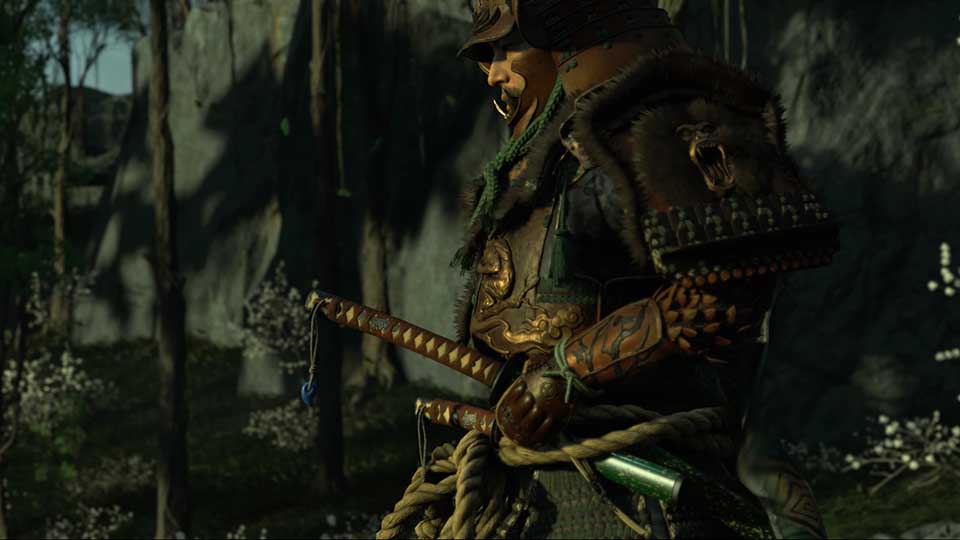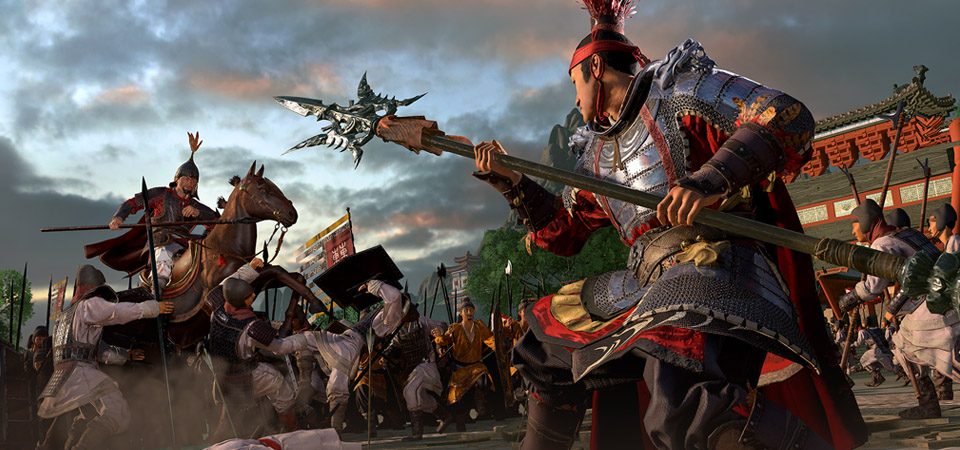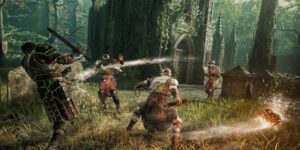Learning about history can, far too often, be a brain numbingly boring affair. Reading through a precarious pile of dust-coated history books isn’t exactly everyone’s idea of a fun night in. Don’t despair though, if you’d like to learn about a multitude of historical eras and have a lot of fun at the same time, then videogames are the media of choice for you.
There’s loads of video games out there that are cram-packed with historical information; allowing the player to experience a past world in an interactive manner. An experience that just simply cannot be replicated in more traditional media. Need a few suggestions to get you started on your journey of knowledge? Then look no further, as these are 8 video games that will help you learn all about history.
Assassin’s Creed
Let’s start with the obvious one. Assassin’s Creed has been creating vast virtual historical worlds since 2007. The franchise has covered a multitude of eras, such as Victorian London, Renaissance Italy and the American Revolution. Yet, it’s the three most recent entries in the series that offer players an unprecedented and rather fantastic tool called the Discovery Tour. Activating this feature removes pesky distractions like combat and endless fetch-quests, allowing gamers the opportunity to deep dive into the extensively detailed historical world that the developers have created. It’s an illuminating and wonderful inclusion that provides the opportunity to explore history in a brand new way.
Wulverblade
Who’d have thought that a side scrolling beat ‘em up would offer such a treasure trove of historical lore? Wulverblade, along with providing a delightfully silly and outrageously violent brawler gameplay, provides extensive historical research notes from the games creators. There’s videos to watch and articles to read, covering all of the historical inspirations that informed the game’s design. Learn about Stone Circles and clobber Roman Legionnaires with their own severed arm? Yes please.
Hellblade: Senua’s Sacrifice
Many games recreate historical worlds but few attempt to try and recreate the mind and emotions of a historical persona. DmC and Heavenly Blade developers Ninja Theory took a risk and attempted to do just that. They actually managed it too, with the release of their 2017 game, Hellblade: Senua’s Sacrifice. The story follows Senua, a survivor of the Viking invasion of Orkney, as she attempts to save the soul of her very dead lover, Dillon. What follows is a compelling fusion of Celtish and Viking Mythology that brings to light the mind-set and beliefs of a Pict in the 9th century. A dark, disturbing but ultimately inspiring tale, this one is well worth a look.
Radio Commander
Can the experience a video game offers ever truly be historically authentic? Take Assassin’s Creed by way of an example, a Greek Warrior would hardly have access to waypoints and an Eagle/drone that can track foes through walls. Radio Commander attempts to be historically accurate on a deeper level by creating a Vietnam-set RTS in which the player only has access to the tools available from that era. That means a walkie talkie, radio and a map with a whole lot of pins stuck in it. No omnipotent strategic viewpoint here, instead you’ll spend the whole time stuck in a tent getting very confused about what is going on out in the jungle. The game itself is often uneven but its efforts to recreate an historically authentic gameplay experience are to be applauded.
11-11 Memories Retold
The rather staid gameplay of 11-11 Memories Retold meant it would never be hailed a classic, yet the sumptuous painterly visuals of this game are still undeniably arresting. 11-11 was picked for this list then, not for what it can teach us about WW1 – though there’s plenty that can be learnt over its short run time – but because it provides a distinctive lesson in the history of painting. After all, what better way to learn about the Impressionist style than by seeing it painted into being right in front of your very eyes?
God of War
If you want to learn about Norse Mythology then – short of reading Neil Gaiman’s fantastic ‘Norse Mythology’ – playing God of War is the most fun way to do so. There’s everything in there, from a fascinating portrayal of Baldur to a clever inversion of the gods and giant’s epic rivalry. What really delights about God of War though, is how it can inspire the player to go and learn more about Norse Mythology. Was a talking head called Mimir really a thing? Did a Norse God really think putting his hand in a giant wolf’s mouth was a good idea? Were Norse gods allergic to mistletoe or what? All these questions will demand answering and fire-up the thirst for knowledge in many a player. Regards of novice or expert, God of War is an absolute must for those who love ancient mythology.
Ghost of Tsushima
It had to appear on this list somewhere, the game that did Assassin’s Creed better than Assassin’s Creed. Ghost of Tsushima is a comprehensive master class in historical world building. The recreation of the isle of Tsushima and its honour-obsessed inhabitants feels spot on, as does the representation of their rivals, the Mongols. A bucket ton of research went into this game and the developers are happy for you to read much of it, as they’ve included plenty of collectables that expand upon this glorious game world. Plus, following a little firefly to find the collectables in the first place is oddly compulsive.
A Plague Tale: Innocence
Now, I’m not about to say that the story of A Plague Tale is historically accurate, far from it. I’m not sure giant whirlwinds of demonic rats was a real thing – at least, I hope it wasn’t. What A Plague Tale really nails is an aspect of history that few other video games even bother to include. This is the fact that, for most of its history, civilisation was often a dirty, disgusting, rat infested and poo covered place. The game worlds of Ghost of Tsushima and Assassin’s Creed are so spotless they are pretty much wipe clean, but A Plague Tale is the exact opposite. It’s crusty, creaking, pus infused and plague inflicted game world reminds us that the invention of indoor plumbing was a very good thing.
Total War
Another series that immediately springs to mind when thinking about how games intersect with real-world history. For many years the folks at Creative Assembly have taken genre diehards on a RTS tour, from the Three Kingdoms and Roman Empire through to the Napoleonic War. Each game looks to recreate the drama of historic campaigns as you lead your faction to glory, through military conquest and diplomacy. There’s so much to learn here about the tactics and troops from these eras. UK gamers may recall a BBC television series called Time Commanders – it borrowed Total War’s tech, tasking contestants with winning real-life battles in-game.
Dynasty Warriors
Not everything you see in Dynasty Warriors is entirely historically accurate. That’s mainly due to it being based on Romance of the Three Kingdoms which is itself a part-dramatization of what really went down in Ancient China between 169–280AD. Generals didn’t always take to the field themselves, killing hundreds (if not thousands) of troops in every battle. Despite some of its larger-than-life characterizations, Dynasty Warriors does a generally good job portraying the key personae, factions, and events that defined this era of conflict.
Playing with History is our ongoing series spotlighting video games and the real-world people and events that inspire them. From walking with dinosaurs in Jurassic World Evolution and talking real-life zombies in Days Gone, to learning about the Peaky Blinders, and chatting Ghost of Tsushima with a samurai expert, there’s plenty you may not have known about your favourite video games.
- "
- About
- Absolute
- access
- accurate
- All
- Allowing
- American
- ARM
- articles
- Authentic
- available
- Battle
- bbc
- BEST
- Blade
- Books
- brand
- Building
- Campaigns
- China
- compelling
- conflict
- Creating
- Creative
- dead
- Demand
- Design
- despite
- developers
- DID
- discovery
- down
- Drama
- e3
- emotions
- Endless
- events
- Expand
- experience
- explore
- fascinating
- Feature
- First
- Franchise
- fun
- further
- game
- gameplay
- Gamers
- Games
- Ghost
- good
- head
- here
- history
- How
- HTTPS
- Hundreds
- i
- idea
- in-game
- Included
- inclusion
- information
- infused
- interactive
- IT
- Italy
- Job
- journey
- Key
- knowledge
- lead
- LEARN
- learning
- Level
- light
- List
- London
- love
- map
- May
- Media
- Military
- more
- Mythology
- Ninja Theory
- offer
- Offers
- Opportunity
- Other
- painting
- People
- Plague
- player
- players
- Playing
- Plenty
- Plumbing
- Plus
- Radio
- RAT
- Rats
- Reading
- release
- Renaissance
- representation
- research
- revolution
- Risk
- rivalry
- rivals
- Roman Empire
- Run
- s
- Series
- Short
- So
- Soul
- spend
- Spot
- start
- started
- Story
- Strategic
- style
- tactics
- talking
- tech
- television
- The
- Thinking
- thousands
- Through
- time
- Ton
- tools
- track
- traditional
- trailer
- Uk
- us
- Video
- video games
- Videos
- Virtual
- walking
- war
- Watch
- What
- What is
- WHO
- winning
- world
- Worlds
- worth
- years
- youtube
